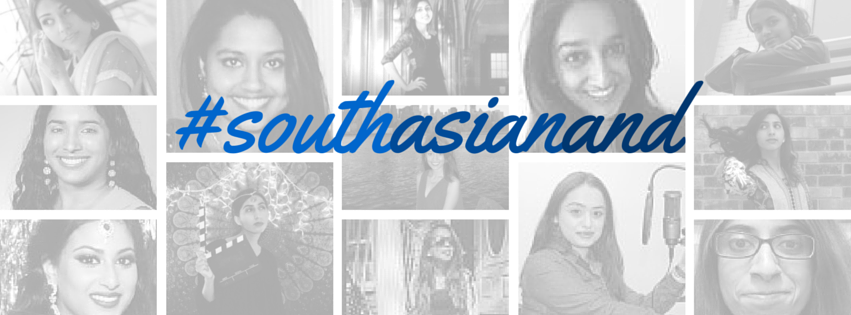
by Antara Mason
This article is part of a campaign co-sponsored with the Washington Leadership Program (WLP) called #SouthAsianAnd—a campaign to showcase the stories of South Asians in America beyond our race and the stereotypes attached to it. On April 14, we hosted a Twitter chat to discuss our South Asian identity and beyond. To chime in, follow #SouthAsianAnd on Twitter.
I am more than brown skin with a “white” dialect. I am more than dark, unbleachable hair and gold makeup. I am more than saris, curry, yoga, henna, and a beauty pageant winner.
I am more than the lucky one who isn’t living in poverty. I am more than any medical, law, or engineering degree. I am more than a voice on the end of a call line.
I am more than what Donald Trump declares to be dangerous and erratic. I am more than what my parents expected of me.
I enjoy Starbucks, Apple, Facebook, and curry with beef, but am not limited by it. I enjoy interacting with other Indians in large groups, but I am also not limited by them. I enjoy dating whatever Indian boy my crazy mother’s friend set me up with on Wednesday for coffee, but am not limited to him.
I give myself the right to wear a dupatta wrapped snugly around my head for warmth despite what others may say. I give myself the right to fit into society’s stereotypes if that is what I feel is correct for me. I give myself the right to speak about racism even when it makes my white coworkers uncomfortable. I give myself the right to disappoint my parents and not go to college if I don’t want to. I give myself the right to wear the bindi and to drink chai by the gallon.
[Read Related: Going Mainstream: Dealing with Cultural Dilution as an Indian-American]
I am so much more than just South Asian. I sing, I dance, I talk, I write, I work. I go clubbing, I call for Uber rides, I laugh while shopping in name brand stores, and I am obsessed with red lipstick. I love Ariana Grande and Star Wars. I eat McDonalds but go home to chug a mango lassi.
My soul is an amalgamation of red, white, blue, orange, white, and green. I will do whatever reflects it best day by day.
Antara Maso n is a freshman at Boise State studying secondary education. She enjoys pondering odd and unique thoughts in-between her favorite job being a barista. She’s a “SuperWhoLock” to the death and loves her friends even more! The sooner she can get out into the world and start changing things for good, the better! Tally Ho!
n is a freshman at Boise State studying secondary education. She enjoys pondering odd and unique thoughts in-between her favorite job being a barista. She’s a “SuperWhoLock” to the death and loves her friends even more! The sooner she can get out into the world and start changing things for good, the better! Tally Ho!




